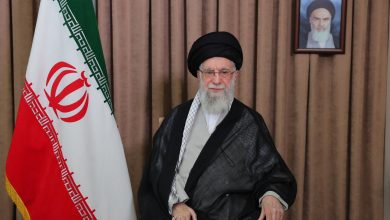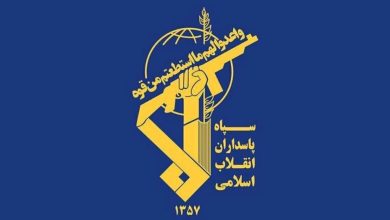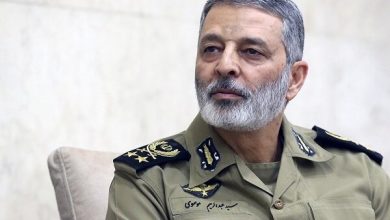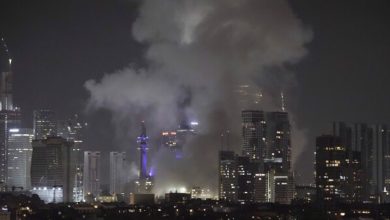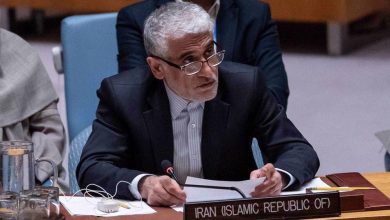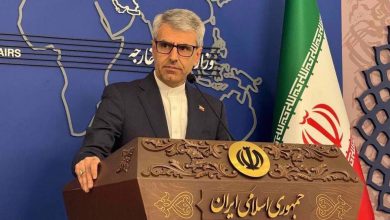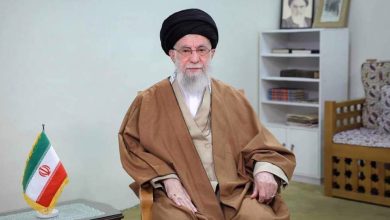Iran has announced its determination to pursue the assassination case of General Soleimani through legal avenues
Iran has reiterated its determination to pursue legal and judicial proceedings in response to the United States' killing of General Qassem Soleimani, a senior anti-terror commander.
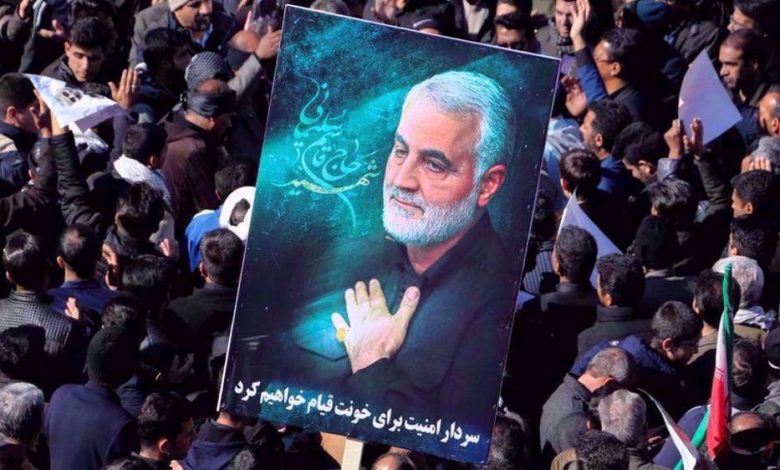
Iran’s permanent mission to the United Nations issued a statement on Friday affirming the country’s longstanding commitment to resolving General Soleimani’s assassination case through legal and judicial avenues.
In response to an inquiry concerning a recent report by the Wall Street Journal, the Iranian mission issued a statement. The report, published on Friday, alleged that Iran provided the Biden administration with “written assurances” last month, ensuring that it would not seek to harm current US President-elect Donald Trump.
A recent report has indicated that a confidential dialogue was initiated in an effort to ease tensions between Tehran and Washington, as regional instability continues to escalate.
The United States has consistently alleged that Iran has sought to carry out assassination plots against American officials as a reprisal for the killing of General Qasem Soleimani, the head of Iran’s Quds Force. The attack, which also resulted in the death of Abu Mahdi al-Muhandis, the deputy leader of Iraq’s Popular Mobilization Units, along with their associates, has been cited as a catalyst for these purported Iranian plans.
On January 3, 2020, a US drone strike in Iraq, authorized by then-President Donald Trump, resulted in the targeted assassination of key anti-terror commanders.
The Iranian mission stated that it refrains from commenting on the specifics of official communications between the two nations.
Iran has affirmed its full commitment to adhering to established principles of international law as it continues to pursue the case surrounding the assassination of General Soleimani, according to a recent statement.
In June, Iran formally charged the United States government and military officials with involvement in the assassination of General Qasem Soleimani.
This development followed the Iranian Foreign Ministry’s issuance of a second formal communication to the United States administration in January, in which Tehran requested arbitration concerning the assassination of a prominent Iranian anti-terror commander.
A demand for arbitration has been issued in accordance with the Protection of Diplomats Convention, a United Nations anti-terrorism treaty established in 1973. This treaty outlines measures for the prevention and punishment of offenses against internationally protected individuals, such as diplomatic agents.

